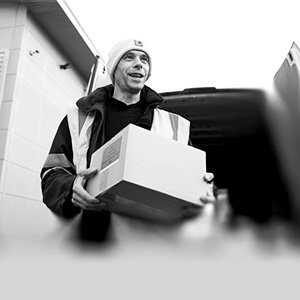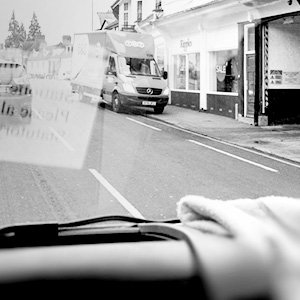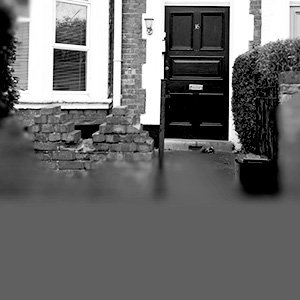Ever dreamt of being your own boss and running a successful business? Becoming a motor trader could be the answer. If you’re thinking of entering the exciting world of motor trade there are plenty of positives. But be careful, it’s not without pitfalls if you’re unprepared.
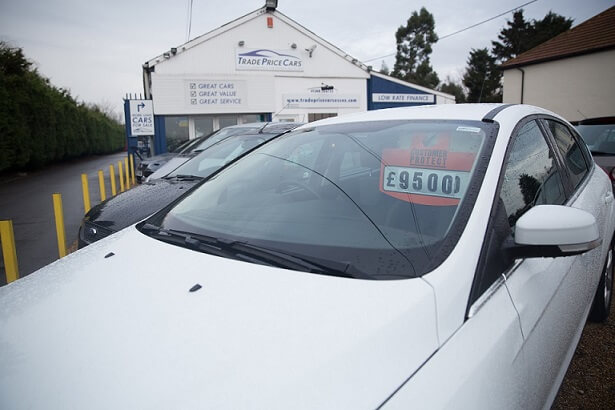
So before you rush off to your nearest MID to buy your stock vehicles, there are a few things you should consider.
KNOWLEDGE IS POWER
If you have little experience in the motor industry it is important that you do some research and on top of that – do more research. You should be thinking about:
- How you are going to trade? Are you going to be selling vehicles from home or from a forecourt or garage?
- Do you have a good understanding of vehicle mechanics and values?
- Which cars consistently sell well – these will be your bread and butter.
There are also plenty of other requirements that you need to be up to speed with before you start out, which we’ll discuss later on.
LOCATION, LOCATION, LOCATION
Wondering where to trade from? A simple search engine browse for motor trade premises is a good place to start. Some key points you should consider when looking at the premises are:
- Customer parking
- Reception and customer waiting area
- Office, toilets and kitchenette for any employees
Many premises will also include tools, diagnostic equipment and ramps if you’re going to be servicing vehicles.
If you’re looking to trade from your home there’s also a few things to keep in mind:
- Do you have enough space on your property to store the vehicles safely
- Check with your local council that you can legally sell vehicles from your property
- Have you talked to your neighbours to make sure they are happy with you trading vehicles? Keeping your neighbours happy and using common sense will save you plenty of headaches in the future. You should also make your home insurers aware that you are trading from home.
DO THE MATHS
It’s important that you take your time and set yourself a realistic budget. Costs need to cover the rent of the premises, business rates and electricity and refuse disposal. If you want to dispose of your own hazardous waste (car oil, batteries and tyres) you may need a waste carrier license.
Creating a website and paying for branding and advertising is something you should also consider when coming up with a budget. This is worth doing as you’ll want to be seen as a professional and customer-focused business.
HAVE THE RIGHT INSURANCE
Having MID should not just be an afterthought. It’s a necessity! Even if you are trading part-time you’ll still have to prove that you are a motor trader to be able to take out an insurance policy, you can do this by providing documents such as sales receipts and invoices.
It is best practice, and in some cases a legal requirement to hold some form of motor trade insurance if you’re:
- Buying and selling vehicles as a business
- Running a valet service
- Servicing or repairing vehicles
- Running a garage or MOT centre
The type of insurance you consider will depend on the type of business that you run.
ORGANISATION
Being organised will help you avoid sleepless nights and a mountain of paperwork. It’s important that you keep all your records up to date, such as sales receipts and invoices to provide proof to insurers that trading has been taking place on the premises in case a claim is made.
It’s also important to keep receipts for all costs such as; sales, parts and advertisement receipts and logbooks.
You should also keep in mind that it’s essential you make timely updates to your MID record. You can do this using EasyMID.
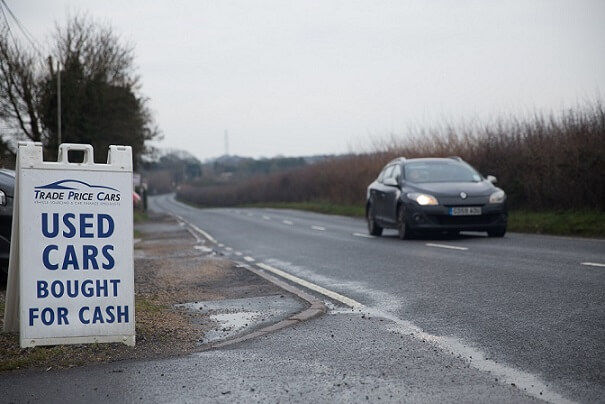
Hopefully, this helps. Starting a motor trade business can be fun and rewarding if you like meeting and talking to different people, have a business mind and a knack for cars and enjoy a challenge.
